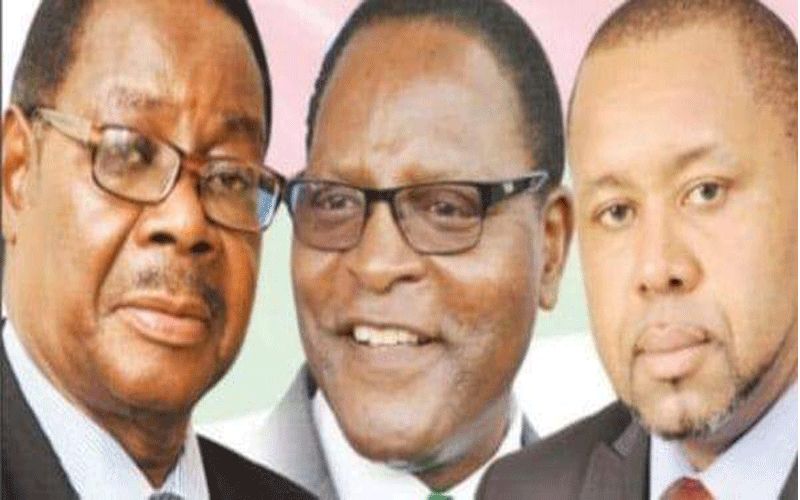Blantyre, 04 February, 2020 / 4:17 am (ACI Africa).
A few days after the Catholic Bishops in the Southeastern Africa nation of Malawi appealed for “peace and order” ahead of the long-awaited judicial ruling, the constitutional court of the country has annulled the last May 21 Presidential election that saw President Peter Mutharika re-elected with a narrow margin, the judge citing widespread irregularities.
“Now that we are all aware that the Constitutional Court will deliver its long-awaited judgment on the Presidential Election Case on Monday, 3rd February 2020, we, the Catholic Bishops of the Episcopal Conference of Malawi (ECM) reiterate our call to all Catholics and peace loving Malawians on the importance of maintaining peace and order,” the Bishops appealed in their collective message of Friday, January 31.
A new vote will be expected within 151 days and Mr. Mutharika is to remain in power until a new election is conducted, the court ruled Monday, February 3.
The divisions and unrest followed the May 21 disputed elections after the Malawi Electoral Commission (MEC) declared Mr. Mutharika, leader of the ruling Democratic Progressive Party (DPP), winner with 38.57 percent of the vote against the leader of Malawi Congress Party (MCP), Lazarus Chakwera who garnered 35.41 percent. The country’s former Vice President Saulos Chilima of United Transformation Movement (UTM) received 20.24 percent of the votes.
Malawi Congress Party (MCP) and the United Transformation Movement (UTM) filed election petition on August 8, 2019 on grounds of fraud during the poll.








